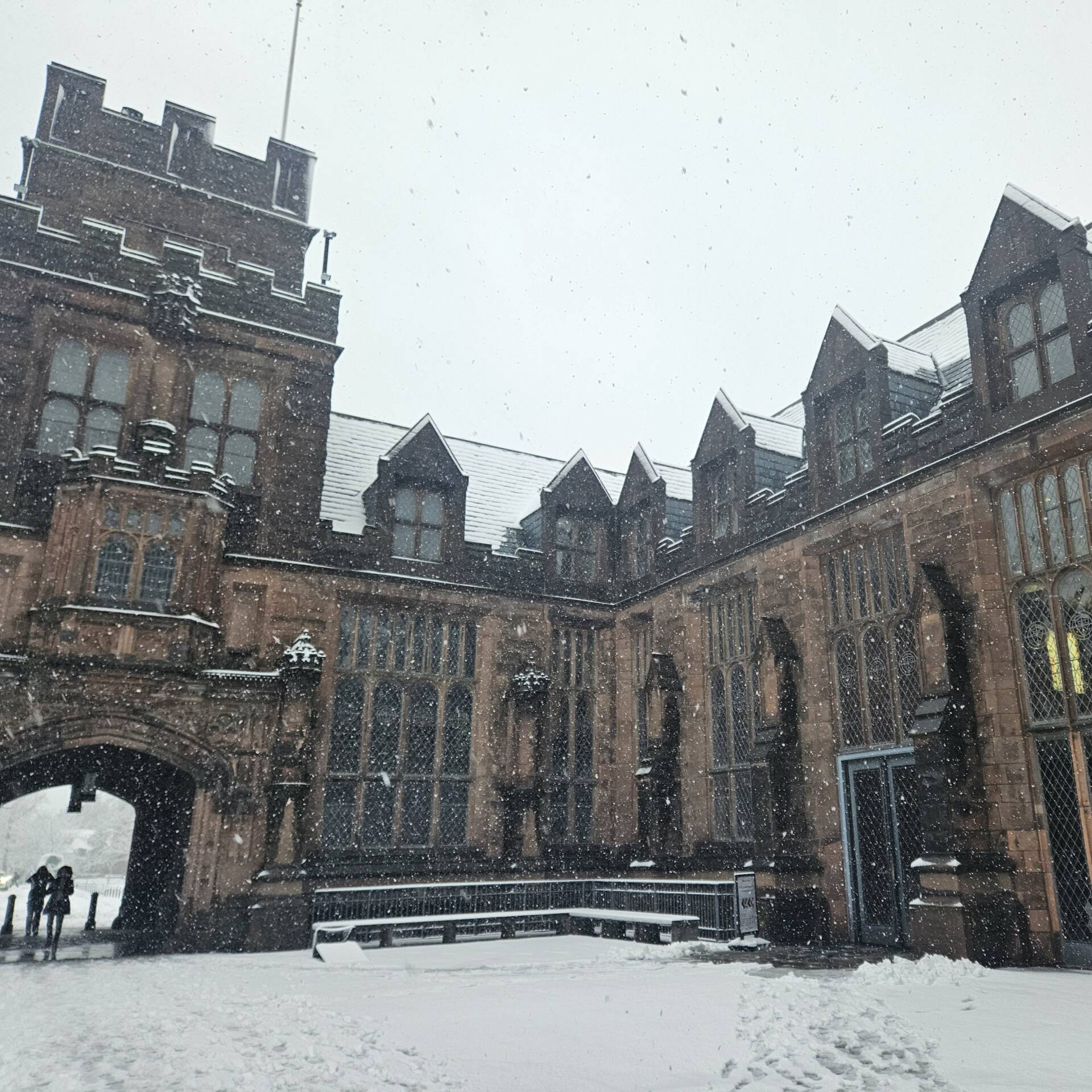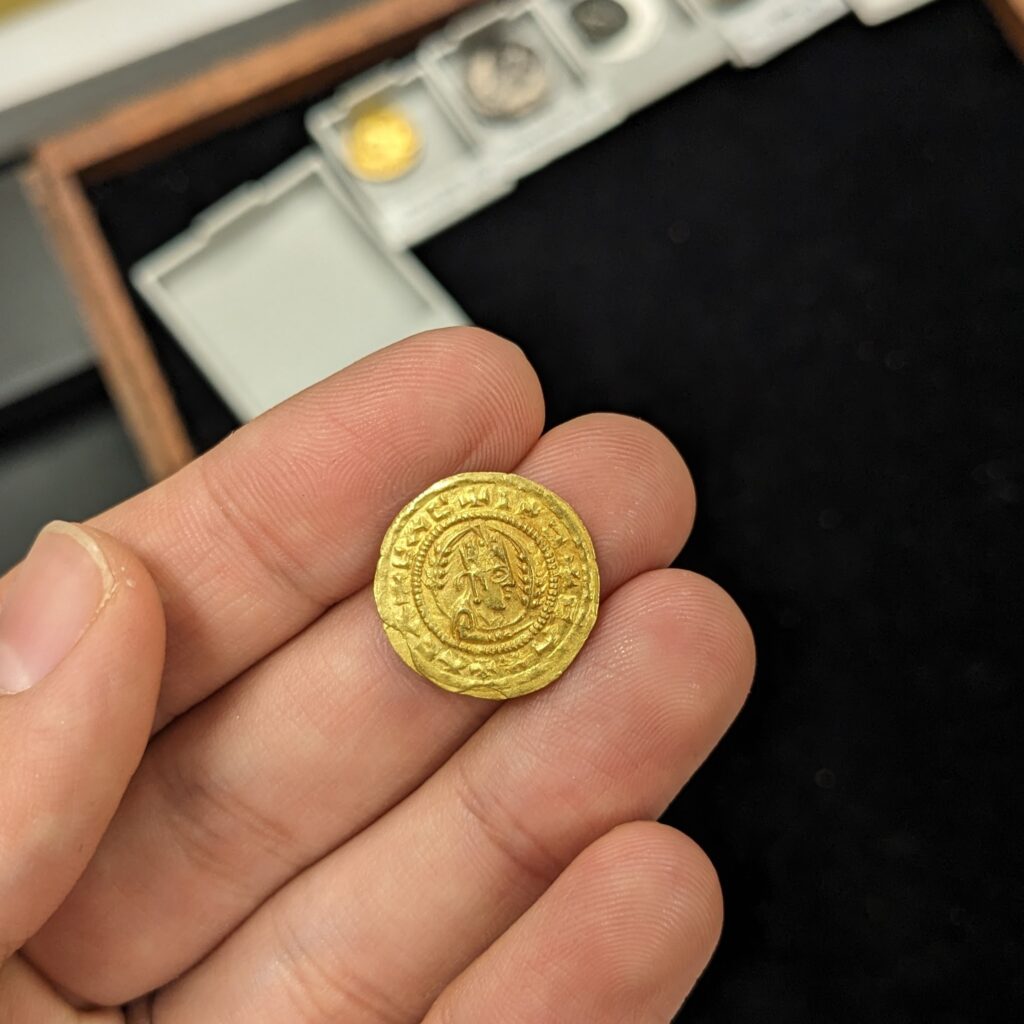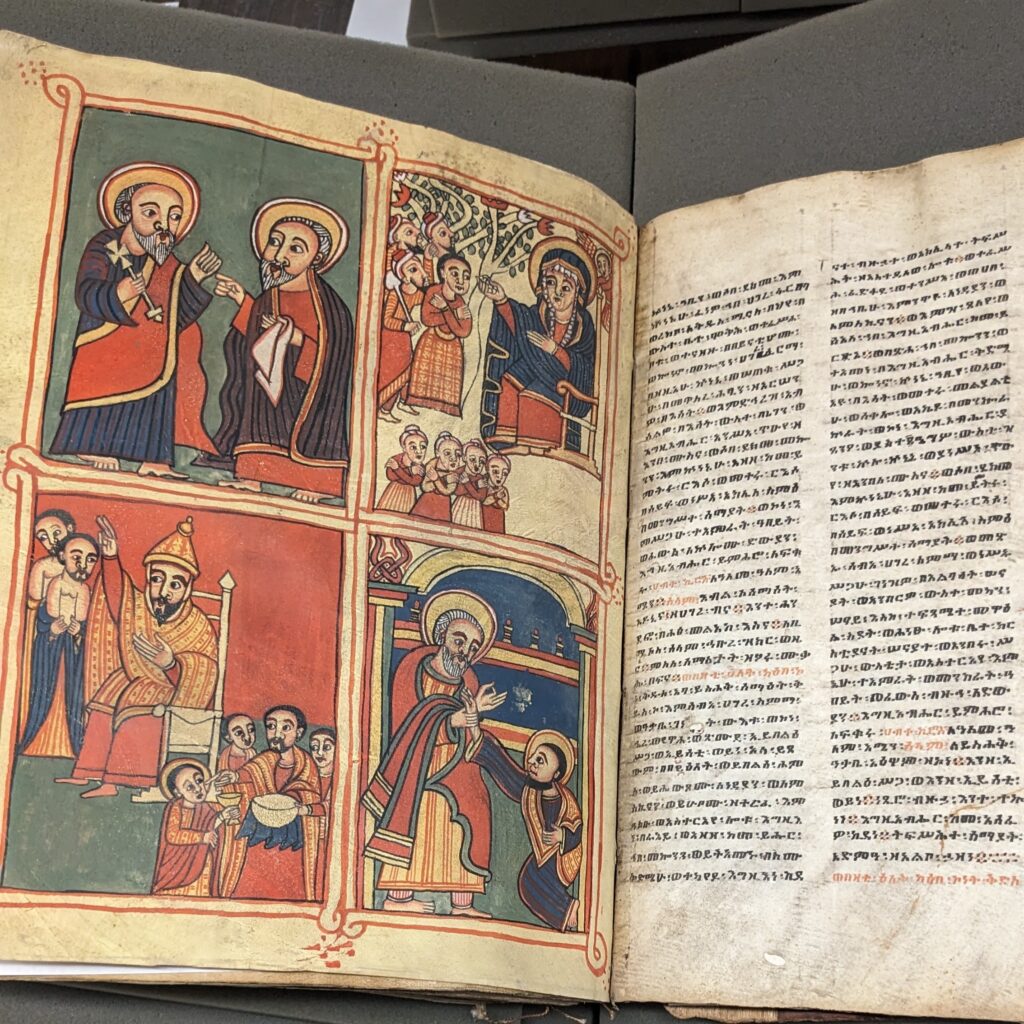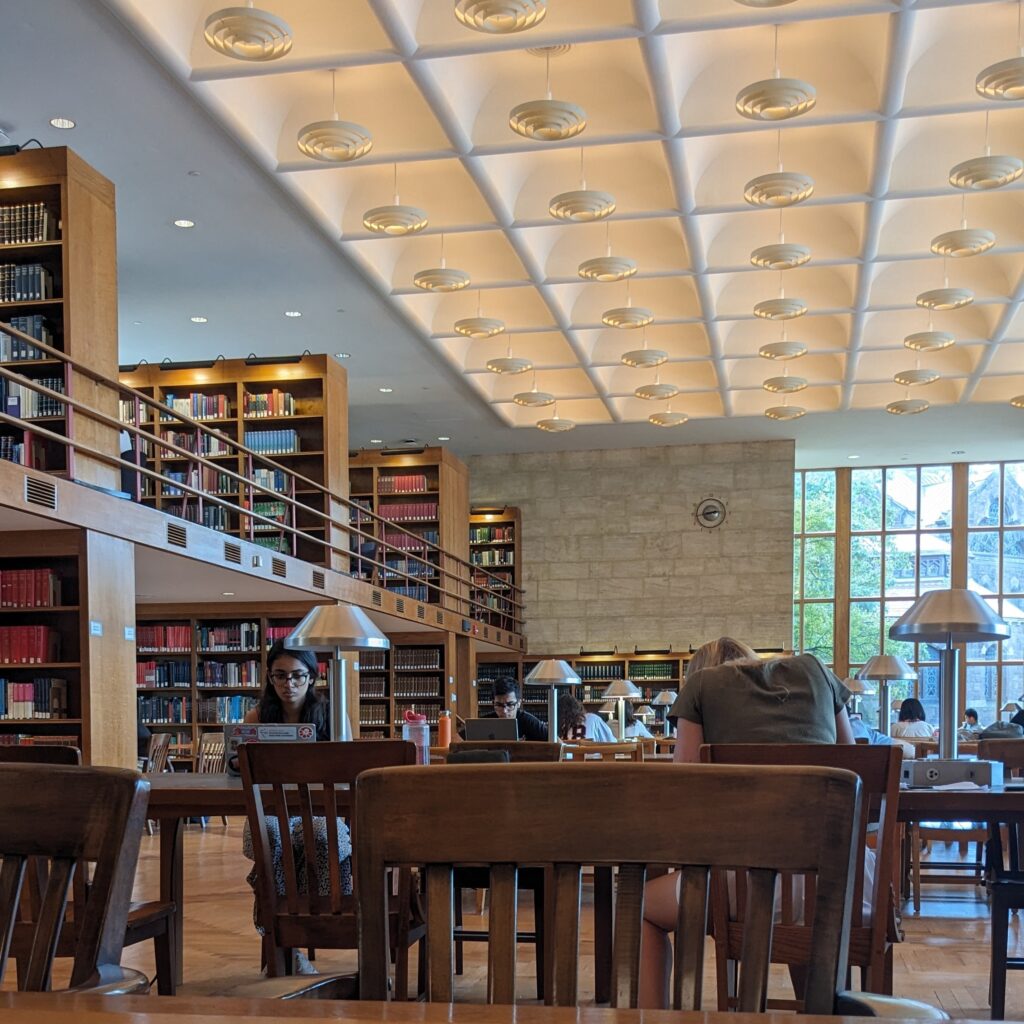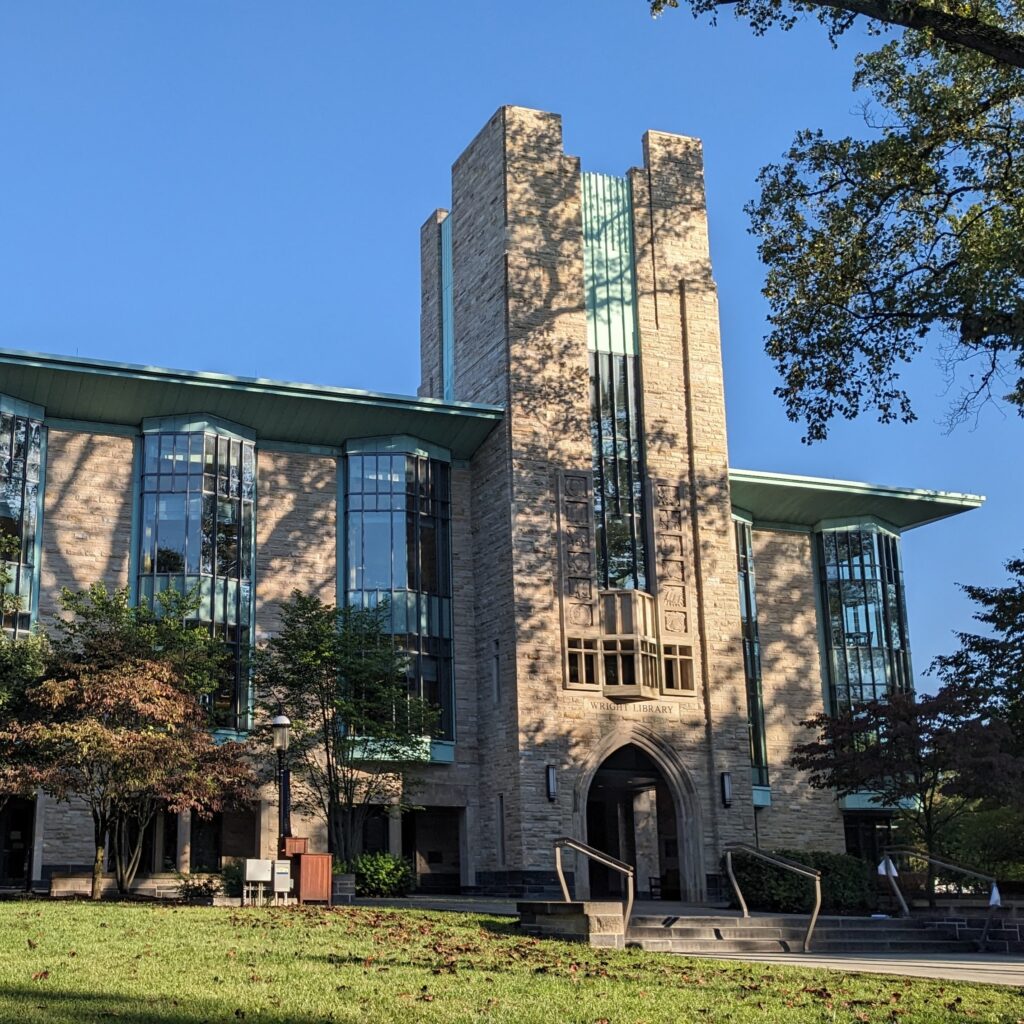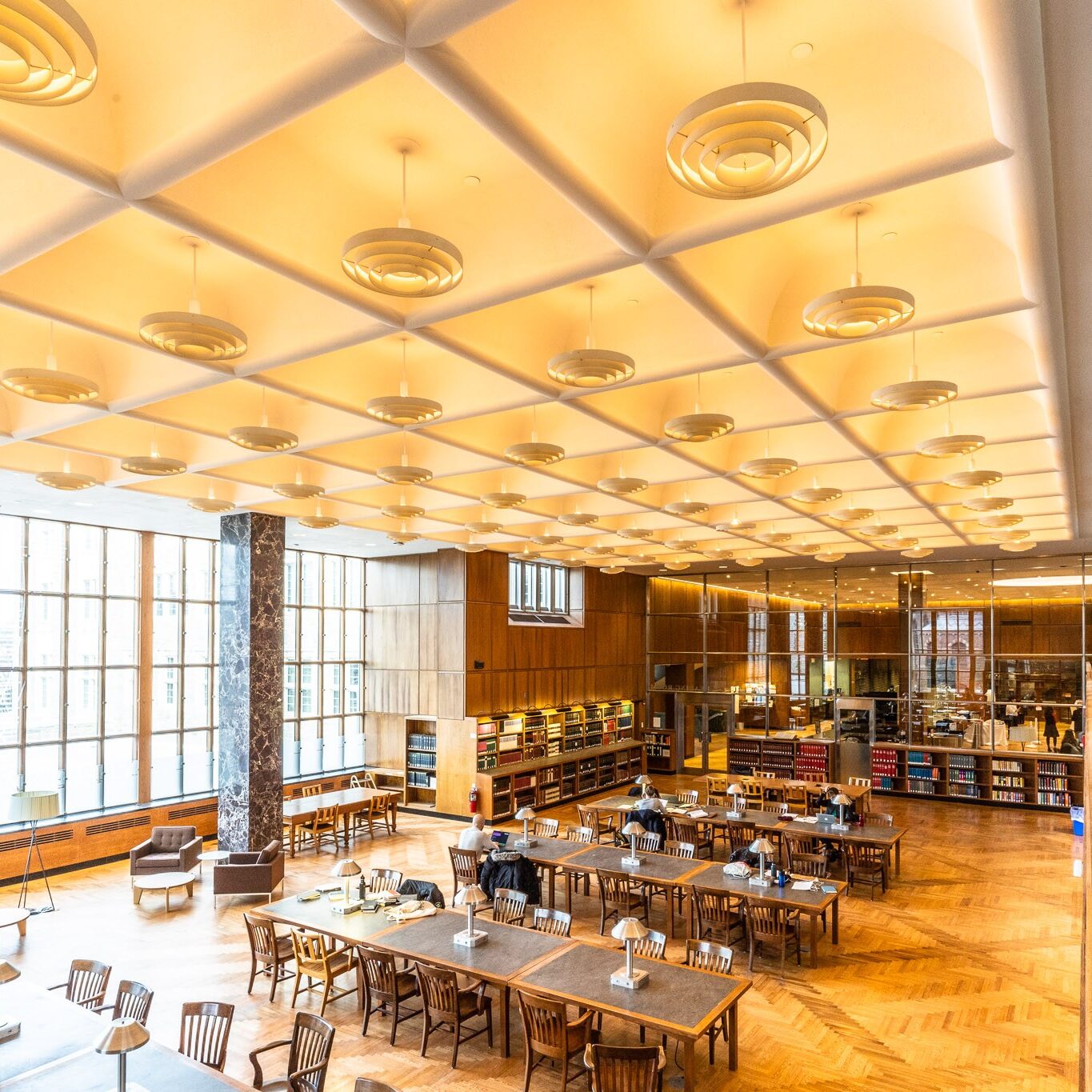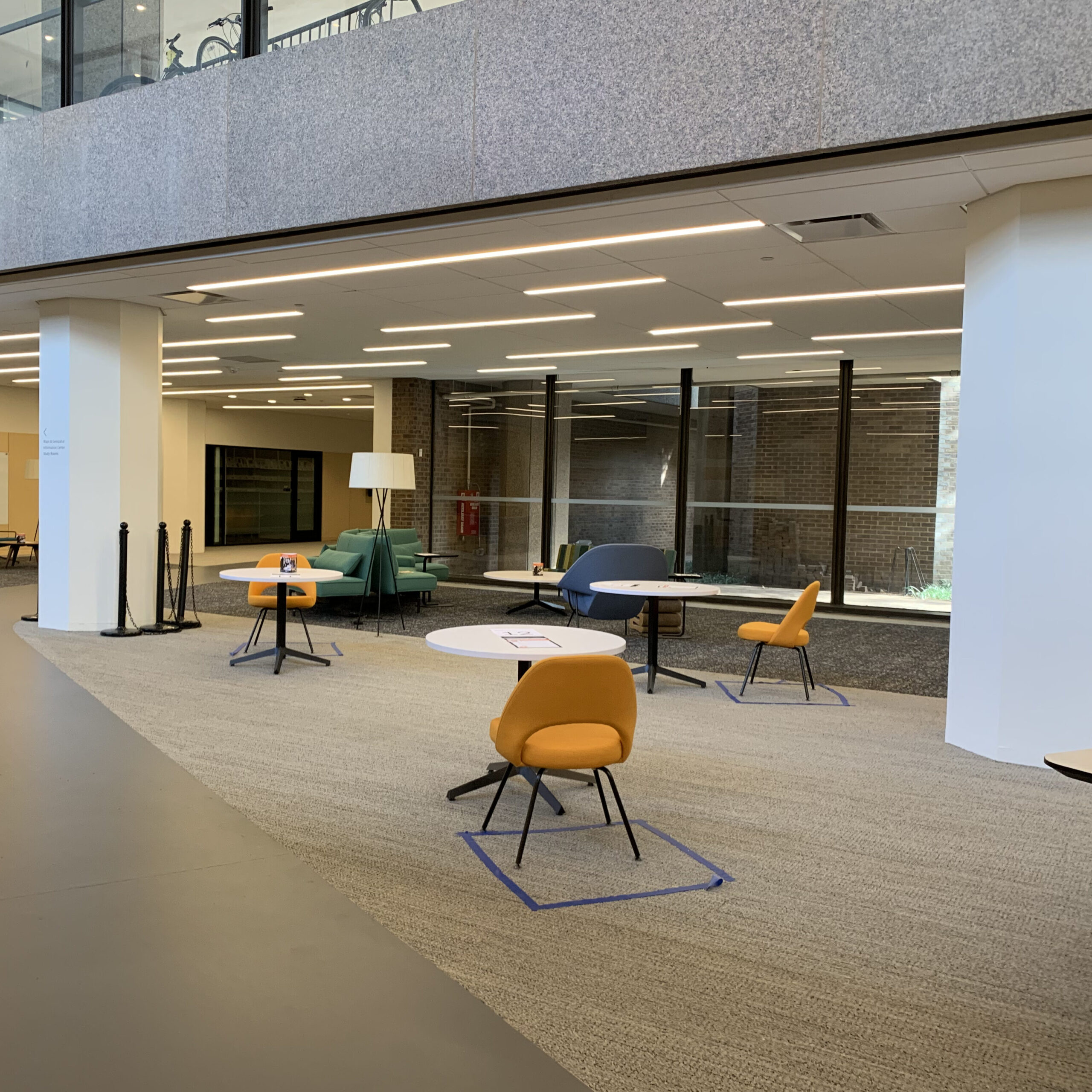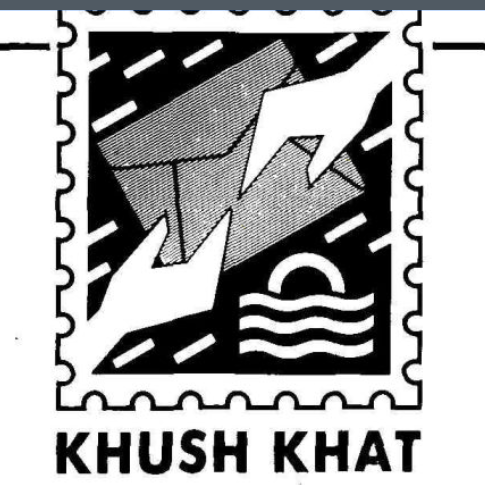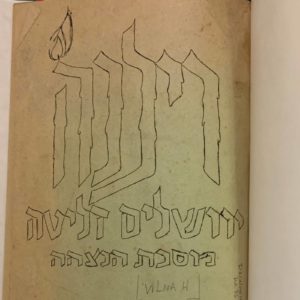As someone who has spent more than a little time in libraries both here and back home, I can’t express how important libraries are. Oftentimes, we reduce our campus libraries to simple study spots, places we can go when we really just need to lock in. But, this is reductive. Libraries are connection points, providing the opportunity to connect and reconnect with friends and peers in the most serendipitous of ways. Additionally, our libraries are invitations to discovery. Each building stands as a testament to the physical accumulation of centuries of knowledge. From the official writings of American presidents to enzyme analyses of gene editing technology, Princeton’s libraries are practically bursting with knowledge to be uncovered.
When I talk to friends about studying at Princeton, one thing I always find myself circling back to is the beauty of our campus and community. This goes beyond the aesthetics of the buildings, but relates to the experiences that Princeton students can all share in. Our campus is one of connection and discovery, and I believe that there is no aspect that makes this as clear as our libraries. The Princeton University Library system claims the 9th largest collection of titles of any University in the country, so it’s no surprise that our campus is dotted with libraries. Of these numerous libraries though, many get overlooked. These overlooked libraries all represent unique opportunities that deserve to be noticed.
Continue reading Go To A New Library
